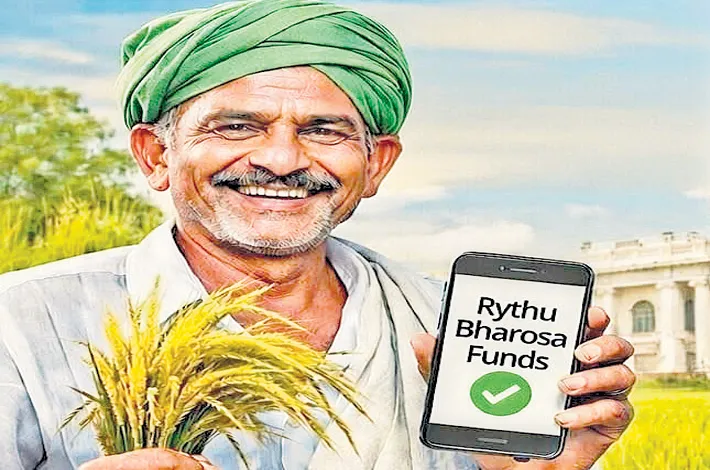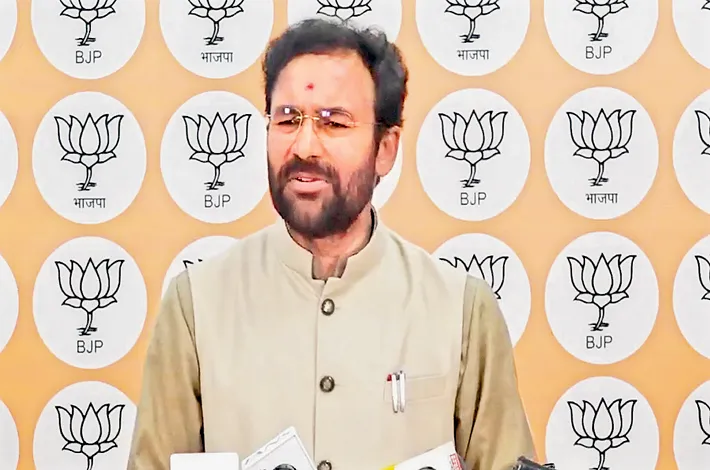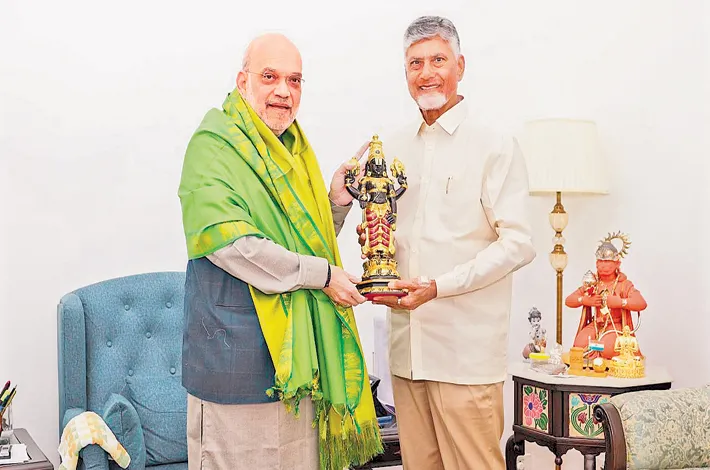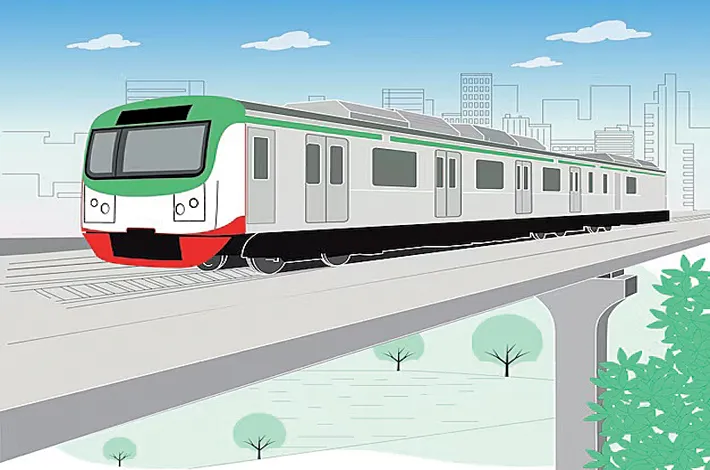Whispers of the Forest
17-04-2025 12:00:00 AM
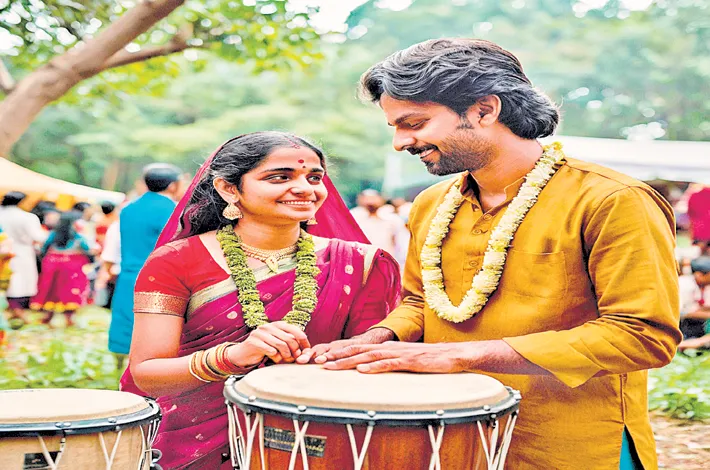
As months passed, their bond deepened, woven into the fabric of their work. They planted hundreds of saplings together, their fingers entwined in the soil, their laughter mingling with the rustle of leaves. Ajay taught Anuradha how to spot hornbills in the canopy, while she showed him how to weave bamboo baskets with the village women
In the heart of Adilabad’s dense forests, where the Kadam River murmured secrets to the towering teak trees, Anuradha and Ajay found solace in their shared mission. At thirty, Anuradha was a force of nature—her dark eyes fierce with purpose, her hands calloused from planting saplings and building check-dams for tribal communities. Ajay, a year older, carried a quiet strength, his lopsided smile disarming even the most skeptical villagers. Together, they worked for an NGO dedicated to sustainable livelihoods, their days filled with the rhythm of the forest and the pulse of their unspoken bond.
Their story began on a sweltering April morning in 2024. The NGO had assigned them to lead a reforestation project in a remote village. Anuradha, ever the planner, mapped out the sapling sites, while Ajay, with his knack for connecting with people, rallied the locals. As they trekked through the undergrowth, their shoulders brushing against each other, Anuradha felt a spark. Ajay’s steady presence—his habit of humming old Telugu folk songs, his gentle teasing about her obsession with perfect soil pH—made the grueling work feel lighter.
One evening, after a long day of digging pits under the relentless sun, they sat by the riverbank, their feet dangling in the cool water. The forest hummed with cicadas, and the sky burned orange. Anuradha leaned back, her kurta damp with sweat, and caught Ajay staring. “What?” she asked, brushing a stray lock of hair from her face.
“Nothing,” he said, his voice soft. “Just… you look like you belong here. With the trees, the river. Like you’re part of it all.”
Her cheeks warmed, and she laughed to mask it. “And you? You’re the one who talks to the wind, convincing it to bring rain.”
He grinned, splashing water at her. She retaliated, and soon they were laughing, soaked and breathless, the forest their only witness. That night, under a canopy of stars, their hands brushed as they shared a steel tumbler of chai. Neither pulled away.
As months passed, their bond deepened, woven into the fabric of their work. They planted hundreds of saplings together, their fingers entwined in the soil, their laughter mingling with the rustle of leaves. Ajay taught Anuradha how to spot hornbills in the canopy, while she showed him how to weave bamboo baskets with the village women. Their physical closeness—his hand steadying her on a rocky trail, her shoulder pressed against his during late-night project meetings—felt as natural as the forest itself.
Emotionally, they became each other’s refuge. Anuradha confided in Ajay about her fears of failing the communities they served, her voice trembling as she spoke of her father’s disapproval of her “impractical” career. Ajay listened, his eyes never leaving hers, and shared his own struggles—his guilt over leaving his aging mother to pursue this work. “We’re doing this for something bigger,” he’d say, squeezing her hand. “And we’re doing it together.”
One monsoon evening, as rain lashed the forest, they took shelter in a thatched hut meant for tools. The air was thick with the scent of wet earth and petrichor. Anuradha shivered, her cotton saree clinging to her skin. Ajay draped his worn jacket over her shoulders, his fingers lingering. “You’re always cold,” he murmured, his breath warm against her cheek.
“And you’re always warm,” she replied, her voice barely a whisper. Their eyes locked, and the world shrank to the space between them. Slowly, deliberately, Ajay cupped her face, his thumb tracing her jaw. Anuradha’s heart raced as she leaned in, their lips meeting in a kiss that felt like the culmination of every glance, every touch, every shared dream. The rain roared, but inside the hut, there was only the soft rhythm of their breathing, the press of their bodies, and the unspoken promise of forever.
From that day, their love bloomed like the wildflowers that sprouted after the rains. They stole moments amidst their work—a quick embrace behind a banyan tree, a whispered “I love you” as they hauled water to the saplings. Their physical bond was a quiet celebration of their connection, each touch a reaffirmation of their shared purpose. Yet, it was their emotional intimacy that anchored them. On nights when doubt crept in, they lay on a mat under the stars, her head on his chest, his fingers threading through her hair, talking of a future where their love and their work would intertwine.
By April 2025, the forest bore the fruits of their labor—green hills where barren patches once stood, thriving villages with new wells and schools. At a community festival, as drums echoed and children danced, Anuradha and Ajay stood hand in hand, their love as rooted as the trees they’d planted. An elder blessed them, calling them “the heart of the forest.” Anuradha looked at Ajay, his eyes reflecting the firelight, and knew that wherever their journey took them, they’d face it together—bound by love, purpose, and the whispers of the Adilabad woods.





